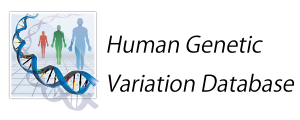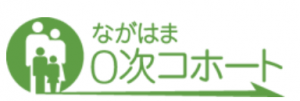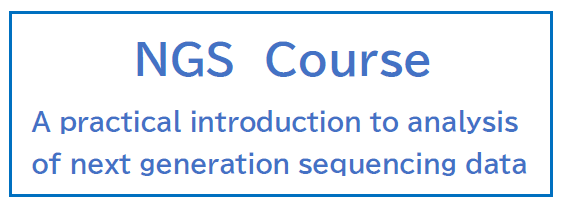Information Disclosure
The ethical guidelines of the Ministry of Health, Labour and Welfare stipulate that when it is difficult to obtain informed consent from a research subject in medical research, an opportunity to refuse (opt-out) should be provided through disclosing information. This page contains information on medical research conducted at the Kyoto University Center for Genomic Medicine that requires the provision of an opportunity to refuse. Translated with www.DeepL.com/Translator (free version)
Existing samples and information collected through medical research conducted at our facility by the “Ethical Guidelines for Medical Research Involving Human Subjects” and the “Ethical Guidelines for Human Genome and Gene Analysis Research” issued by the Ministry of Health, Labour and Welfare may be used for new research at our center. Such research may involve cases in which it is difficult to obtain consent again from the research subject. In such a case, it is difficult to get the permission of the research subject again. The following does not apply to cases where re-consent has been obtained.
To all Nagahama 0th cohort medical checkup patients
- Comprehensive omics analysis of immune response to steroid administration in IgG4-related diseases(G0528)
- Integrated Omics Analysis of HTLV-1-Associated Myelopathy (HAM)(G0719)
- Integrated omics analysis of eosinophilic esophagitis and eosinophilic gastroenteritis(G0742)
- Establishment of a Genetic Diagnostic Network for Retinal Degeneration(G0746)
- Elucidation of predisposing factors in the development of acute coronary syndromes(G0747)
- Elucidating the Genetic Diversity of the Japanese Populati(G0751)
- Integrated Omics Analysis of Pulmonary Hypertension(G0755)
- Tailor-made medical development project(G1129)
- Basic research to elucidate the gene (locus) responsible for strabismus(G1289)
- Explore factors associated with the onset and severity of COVID-19(G1318)
To the members of the Nagahama Health Promotion Club who participated in the “Comprehensive Omics Analysis of Immune Responses after Seasonal Influenza Vaccination” study
- Comprehensive Omics Analysis of Immune Responses Following Seasonal Influenza Vaccination(G0455)
- Comprehensive omics analysis of immune response to steroid administration in IgG4-related diseases(G0528)
- HTLV-1 Integrated Omics Analysis of Related Myelopathy (HAM)(G0719)
- Integrated omics analysis of eosinophilic esophagitis and eosinophilic gastroenteritis(G0742)
- Establishment of a Genetic Diagnostic Network for Retinal Degeneratio(G0746)
- Integrated Omics Analysis of Pulmonary Hypertension(G0755)
To all participants in the Aichi Cancer Center’s “Study of Interaction between Cancer Gene Polymorphisms and Environmental Factors in First-Time Patients
- Establishment of a Genetic Diagnostic Network for Retinal Degeneration(G0746)
- Elucidation of predisposing factors in the development of acute coronary syndromes(G0747)
- Elucidating the Genetic Diversity of the Japanese Population(G0751)
- Integrated Omics Analysis of Pulmonary Hypertension(G0755)
To all participants in St. Marianna University of Medicine’s “Research to Elucidate the Pathophysiology of HTLV-1-related Diseases and Develop Therapeutic and Preventive Methods” or “Prospective Multicenter Clinical Study on Efficacy Metrics for HTLV-1-Associated Myelopathy (HAM)”.
To all participants in RIKEN’s “Tailor-made Medical Development Project
- Identification of Disease Susceptibility Genes for Antithyroid Drug-Induced Agranulocytosis to Predict and Avoid the Syndrome and Improve Treatment of Graves’ Disease(G0430)
- Elucidating the Genetic Diversity of the Japanese Population(G0751)




